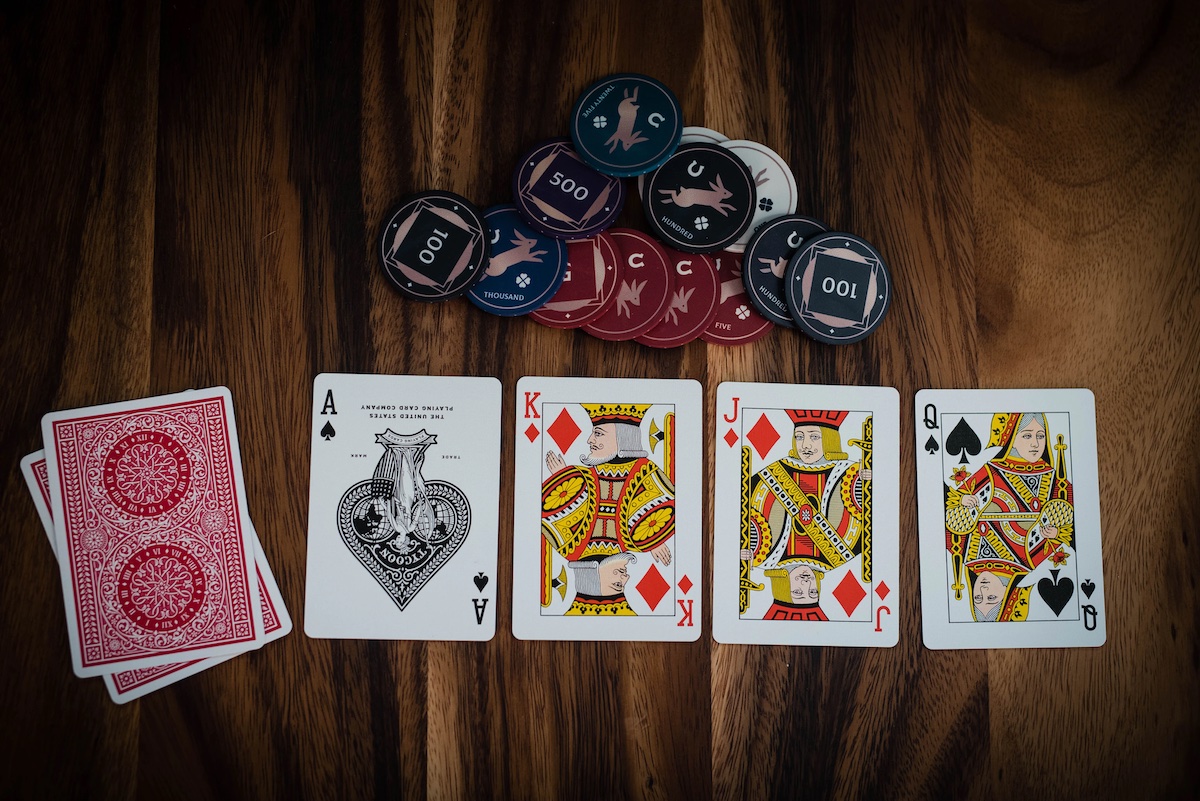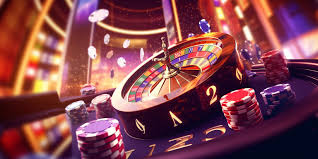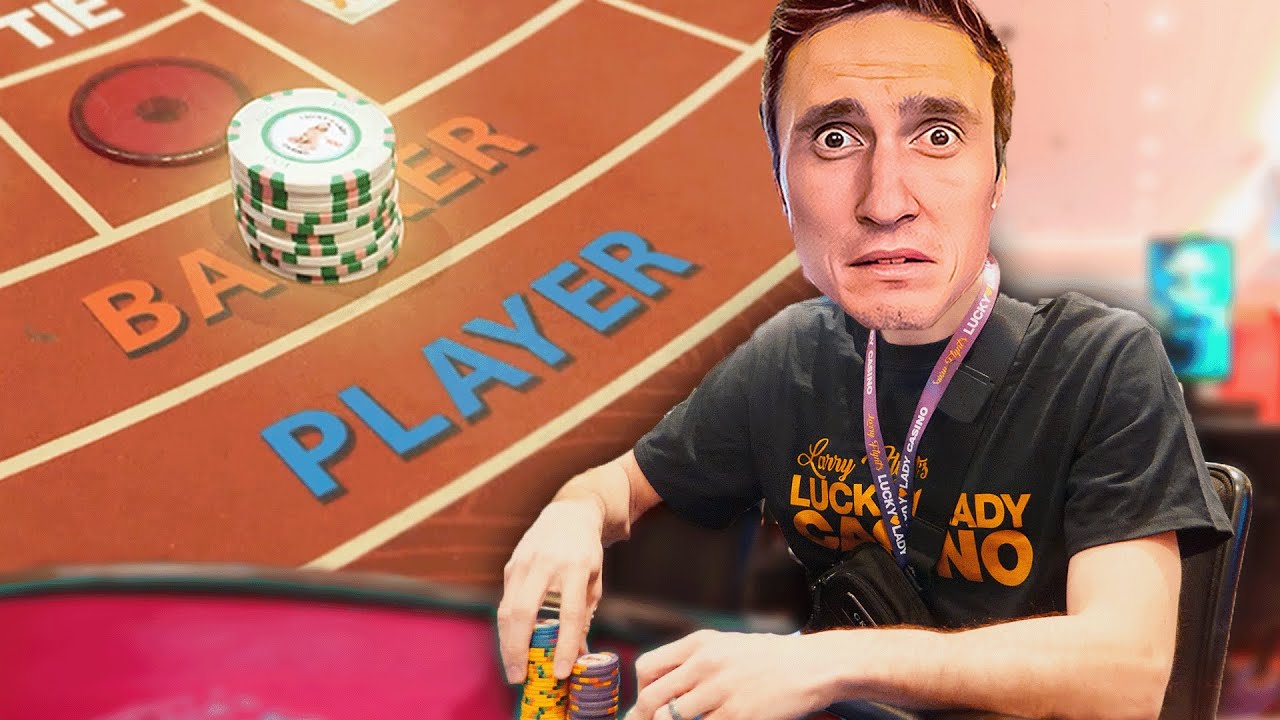While gambling games may appear to be mostly random, their reality involves probabilities and statistics. By understanding these concepts you will better appreciate the odds for or against making money through luck-based decisions and can play casino games more confidently.
Peter Eastgate, an accomplished blackjack player, did not rise to the top through luck alone; rather he achieved success through skill and strategy.
Games of chance
People may think casino games are solely determined by luck; however, there is actually quite a bit of science involved. Players who understand the role that probability and luck play in these games can use it to their advantage and use these to their best advantage.
A game of chance refers to any activity wherein its outcomes largely depend on random factors, such as dice, spinning tops or roulette wheels. Such games often constitute gambling when played for money or another valuable object as stake.
The house edge is an indefinable mathematical certainty incorporated into casino games that represents the difference between true odds and what casinos pay out as winnings. It varies across games and is frequently expressed as a percentage figure.
Games of skill
Casinos offer many exciting casino games to be enjoyed. Some games rely on luck while others require strategy and skill – understanding both will allow you to pick games that best suit you and increase the likelihood of winning money.
Skill is any mental or physical ability used to make decisions that affect the outcome of a game, including learning from past mistakes and employing strategy in future competition.
Skill-based casino games such as poker, blackjack and baccarat can provide a different gaming experience to slot machines, roulette or other forms of gambling that rely solely on chance.
Rules of the game
Probability and luck play an ardent debated in casino gaming. Some believe luck to be the sole determinant, while others suggest skill plays an integral part of casino success.
Even though many argue otherwise, most agree that both skill and luck play an equal role in determining the results of any game. There are certain rules you should abide by to help play more efficiently and maximize winning odds.
One of the key rules in casino gaming is adhering to an effective strategy; doing so will increase your odds of victory while decreasing house edge.
The gambler’s fallacy
The gambler’s fallacy is a dangerous cognitive bias that can impair our understanding of probability and luck in casino games. This happens because humans tend to search for patterns even if there are none present; such patterns exist; the resultant fallacy occurs due to our tendency for seeing patterns where none exist.
Gambler’s Fallacy can be an enormously detrimental aspect of gambling, leading many to believe their losses are down to bad luck and that betting more will allow them to recoup all or at least most of what has been lost.
One infamous example of this fallacy occurred at Monte Carlo Casino in 1913. Players believed the roulette ball’s frequent landings on black had signalled its impending landings on red, leading them to wager heavily on red despite losing heavily when it eventually happened.
Probability
Though many believe gambling to be all about luck, there are ways scientifically proven to increase your odds of success at casino games. These methods based on probability can reduce a casino’s advantage over its players and help increase odds for success at winning casino games.
Probability is a mathematical concept used to predict events. Its range extends from 0-1 with zero being impossible and one being certain.
Probability is key in any game as it helps players make informed decisions regarding their bets and easier understand how the odds work – helping prevent impulse betting decisions from being made on impulse.




